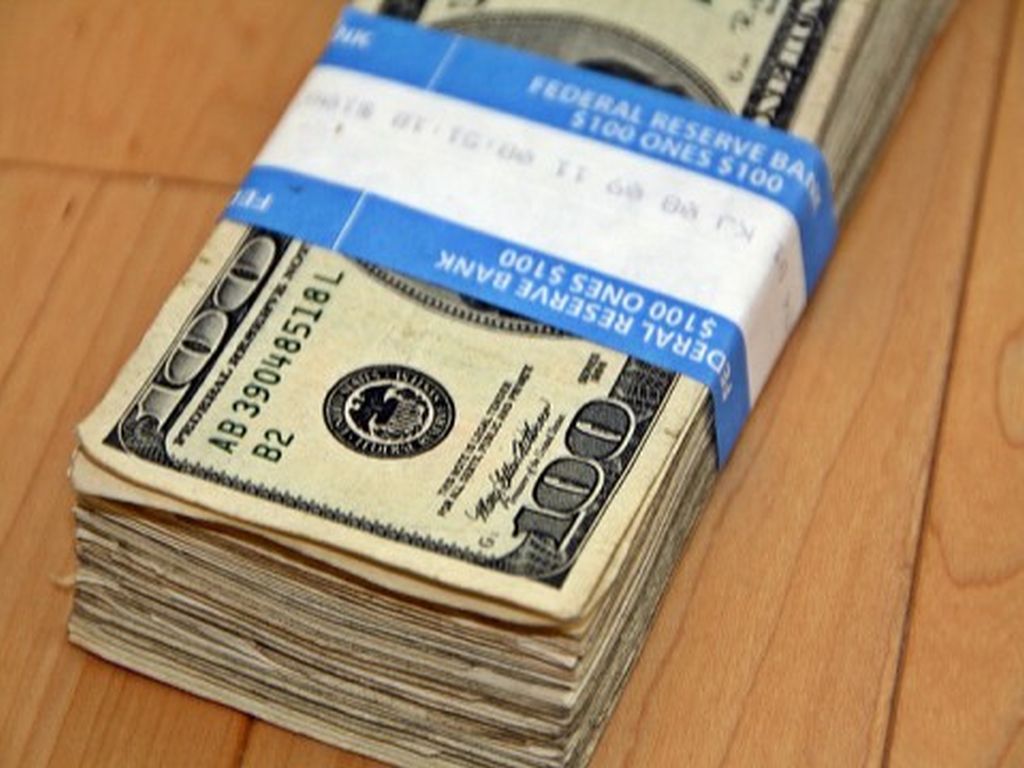I was recently reading an article about a millennial who wanted to buy a house. He was earning around $80K a year and was ready to pay a 20% down payment on the house he found to his satisfaction. The trouble came when he tried to get a loan; no one would give him one.

TheDigitalWay / Pixabay
The problem? He hadn’t had a credit card since he was 18 years old and started college. He ran it up to $500, got scared at how easy it was to spend money that fast, paid it off and never used credit again. He’d gotten a full scholarship to school, so he didn’t have any college loans to pay off.
In essence, even though he looked like a good credit risk, without a real history to evaluate, none of the creditors wanted to take a chance on him. He didn’t have a credit score or a true credit history; even without any debt they didn’t trust him.
As weird as this sounds, it makes me recall an article we wrote some years ago giving reasons why it might be important to have at least one credit card. In that article, even though we didn’t talk about the above instance directly, we recommended that it might help those who love paying off entire balances immediately to sometimes take 3 to 6 months to pay them off. It’s cheaper to pay them off all at once to save on interest, but you build up a credit profile by showing your reliability in keeping up with a contract.
One of those oddities that upends our thinking is that the group using the least amount of credit and credit cards are millennials. They’ve grown up seeing what their parents have gone through and have become more savvy in saving up enough money to buy the things they want. This is the most vulnerable class when it comes to the eventuality of wanting to purchase a big ticket item like a house and not being able to quality for a loan.
So, we end up advocating that everyone have at least one credit card. The above link mentions why. At the same time we advocate that people work on weaning themselves off too many credit cards because that puts them in an opposite hole.
Creditors are a strange group. They don’t like people who don’t have a credit history, and they don’t like people who have too much credit, whether or not they keep up with the payments, and whether or not they have balances on them.
Too many credit cards makes you look like a risk because they don’t know if you’ll find yourself in a spot where you’ll need to use them if they give you a big loan. Lots of store credit cards have higher interest rates, which means your outstanding debt grows faster if you only make minimum payments.
The best thing to do is have at least one credit card. If you’re in business, then have a second card in the business’ name. Don’t use more credit than you can pay for, diversify how you pay your cards, and make sure to never be late with a single payment.
Think about your credit card or loan prospects as long term investments. That will help you decide how to spend your money wiser.

